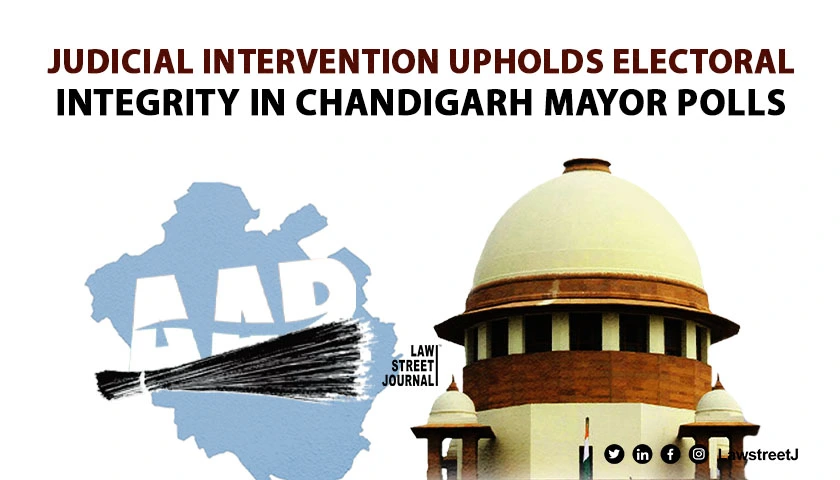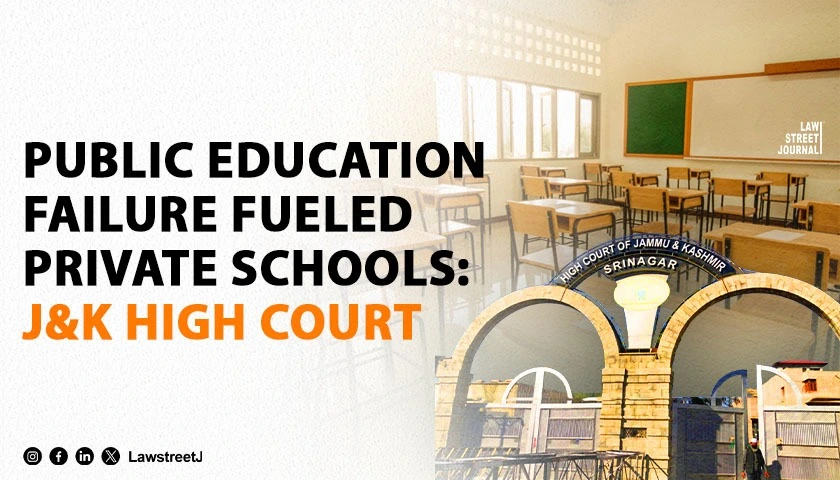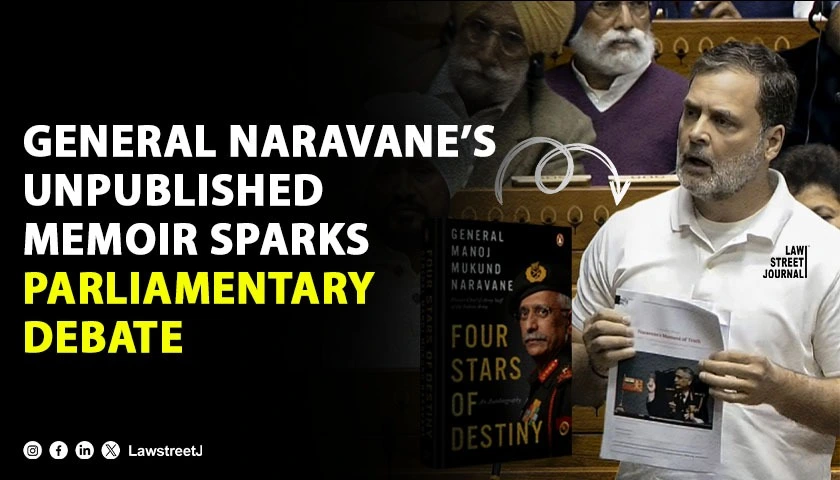NEW DELHI: In one of its rare decisions, the Supreme Court on Tuesday itself declared AAP councillor Kuldeep Kumar as elected to the post of mayor of Chandigarh after concluding that the presiding officer deliberately defaced eight votes cast in favour.
The apex court observed the court must step in ensure the basic mandate of electoral democracy is preserved.
A bench of Chief Justice of India D Y Chandrachud and Justices J B Pardiwala and Manoj Misra used its plenary power under Article 142 of the Constitution to do complete justice to quash the election results, which declared the BJP as winner to the poll held on January 30.
After playing out the video on counting of votes and examining the defaced ballots, the court issued show cause notice to the Presiding Officer Anil Masih for criminal proceedings under Section 340 of the Criminal Procedure Code for defending his action, for he deliberately and unlawfully altered the course of mayor elections.
The court held Masih guilty of misdemeanor for he also expressed falsehood before it for which he must be held accountable.
Pronouncing the order, the bench said it was a duty of the court to preserve democratic principles and prevent attempts electoral democracy.
Dealing with a petition filed by unsuccessful candidate of AAP-Congress combine Kuldeep Kumar, the bench said, "Setting aside the election process would not be proper since the issue is only when the Presiding Officer made the counting."
The BJP candidate Manoj Kumar Sonkar who was declared as winner to the post had already resigned after the huge controversy broke out on allegations on tampering of ballot papers.
Three AAP councillors had on Sunday switched sides to the BJP since then, giving a filip to allegations of horse trading by the Aam Aadmi Party
The court noted as per the Regulation 6 of the Chandigarh Municipal Corporation (Procedure and Conduct of Business) Regulations 1996, a ballot can be invalid only under three circumstances if more than one vote is cast, if there is any mark identifying the voter, and if the marks are placed in an ambiguous manner making it doubtful to whom the vote is cast.
The bench found that none of these circumstances is present in the eight ballots. Hence, the ballots are to be treated as valid, ignoring the marking made by the Presiding Officer, it said.
"The ink marks placed by the Presiding Officer at the end of the ballots have no consequence," the bench said.

















